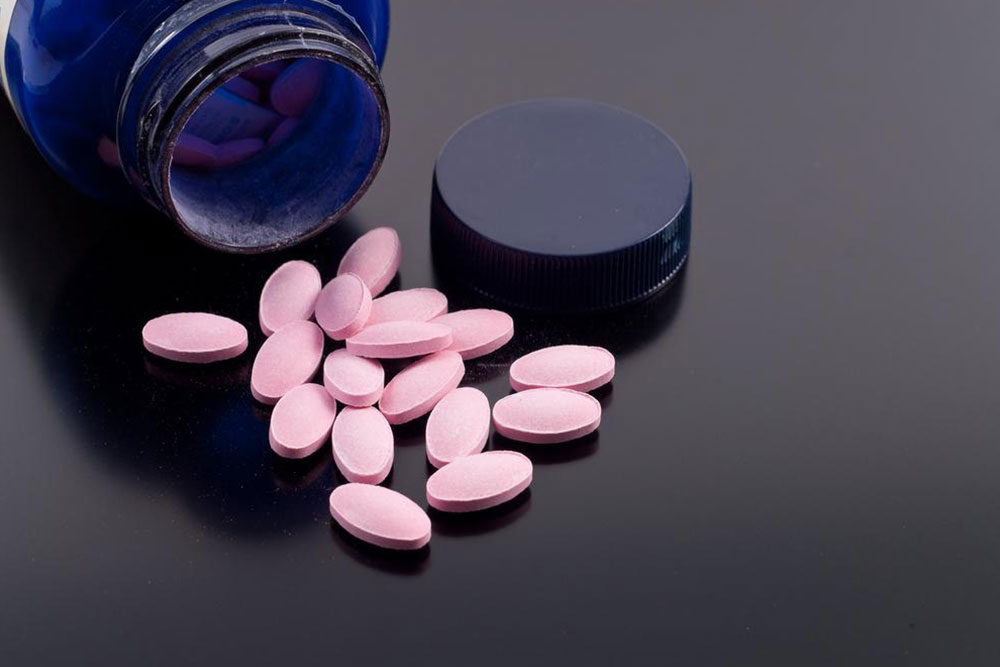Understanding the Role of Vitamin D Supplements: Benefits and Precautions
Explore the importance of Vitamin D for overall health, benefits, sources, and safe supplementation practices. Understand how to maintain optimal levels to prevent deficiencies and related health issues, especially during winter or low sun exposure periods. Always consult healthcare providers before beginning supplements to avoid overdose risks.

The Significance and Safety Tips for Vitamin D Supplementation
Vitamin D is crucial for maintaining overall health and longevity. Our bodies produce it when exposed to sunlight. Adequate Vitamin D levels support immune function, bone health, and hormonal balance. A deficiency can cause health issues like weakened immunity and menstrual irregularities. Countries near the equator and in Asia usually have fewer deficiency concerns due to abundant sunlight, whereas regions with harsh winters face higher deficiency risks. The required amount varies by age and body type, with infants needing about 200 IU, and adults around 600 IU. With age and obesity, absorption decreases, so higher doses (~1000-2000 IU) are often recommended during winter.
Vitamin D promotes healthy bones, enhances brain function, supports joints, boosts immunity, and regulates blood sugar. Adequate levels can prevent osteoporosis, autoimmune diseases, cardiovascular problems, and certain cancers. However, excessive intake can lead to calcium buildup in the blood, causing symptoms like nausea, vomiting, and loss of appetite. Fat-soluble, Vitamin D can accumulate dangerously, potentially forming kidney or gallbladder stones. Natural sources include fatty fish, cheese, egg yolks, mushrooms, and fortified foods like cereals, milk, and oranges. Supplements, available over-the-counter, are also common.
Key benefits of Vitamin D:
Supports parathyroid gland function and phosphate regulation.
Helps kidneys recycle phosphate, maintaining blood pH balance.
Prevents rickets in children.
Alleviates certain digestive issues such as celiac disease and liver problems.
Helps manage obesity and enhances overall health.
Precautions for supplement intake:
Maintain a 2-hour gap between Vitamin D and other medications to avoid interactions.
Limit alcohol consumption as it reduces Vitamin D absorption.
Avoid grapefruit and grapefruit juice while taking supplements.
Do not exceed 4000 IU daily unless directed by a healthcare provider.
Take supplements with food for better absorption.
Individuals over 50 and osteoporosis patients should take 800-1000 IU daily.
People with limited sun exposure, including those who are bedridden or rarely outdoors, tend to have lower Vitamin D levels. Short sun exposure can help, but excessive UV rays increase skin cancer risk. Naturally, a balanced diet rich in Vitamin D is recommended. When deficiency occurs, supplements should only be used under medical supervision.










